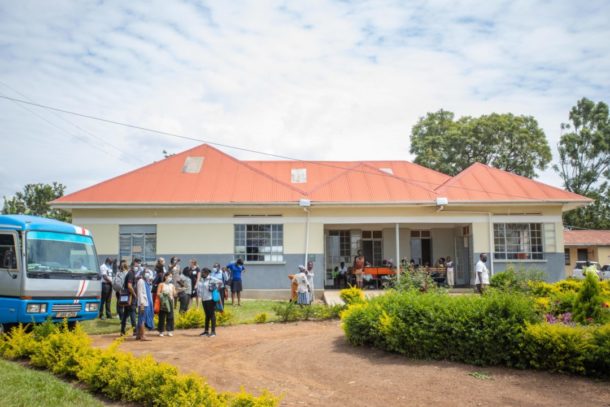
- Who We Are
- News
- Events
- Research
- Bridges2Scale
- Bridges to the Future
- Kyaterekera Project
- M-Suubi
- Obuvumu
- Preventing Substance Use among Adolescents
- Resettled Refugee Families for Healing
- Say No to Stigma
- Suubi+Adherence
- Suubi4Refugees
- Suubi+Adherence4Youth
- Suubi4Her
- Suubi-Mhealth
- Suubi4StrongerFamilies
- Ti Zaa Bohimma! (Let’s learn together)
- Past Studies
- Capacity Building
- Publications
- Contact Us
- Donate
Suubi+Adherence4Youth
Suubi+Adherence4Youth (2022-2027)
 Suubi+Adherence4Youth: Optimiz
Suubi+Adherence4Youth: Optimiz
Principal Investigators: Fred M. Ssewamala, PhD; John Sauceda, PhD (University of California San Francisco)
Funding Agency: National Institute of Mental Health (NIMH)
Project Team Members: Ozge Sensoy Bahar, PhD; Proscovia Nabunya, PhD; Rachel Brathwaite,PhD; Derek Brown, PhD; Torsten Neilands, PhD (University of California San Francisco), Marya Gwadz, PhD; (New York University), Noeline Nakasujja, MBChB, PhD (Makerere University).
Implementing Partners: Abel Mwebembezi, PhD (Reach the Youth Uganda), Barbara Mukasa, MBChB (Mildmay Uganda).
Study Coordinators: Allan Mugarura, Flavia Namuwonge, and Portia Nartey
The Suubi+Adherence4Youth study (also known as MOST) seeks to unpack the Suubi intervention (consisting of financial literacy training, incentivized matched youth savings accounts with income-generating activities, a manualized intervention for antiretroviral (ART) adherence and stigma reduction, and engagement with HIV treatment-experienced role models who share lived experiences with HIV), to identify the most impactful and sustainable components: economic vs. psychosocial components, for adolescents living with HIV (ALHIV) across the HIV care continuum. We will use a factorial experiment to unpack and optimize the Suubi intervention to enhance scale up in health systems using the multi-phase optimization strategy (MOST) -an engineering-inspired intervention framework. A total of 576 ALHIV will be recruited from 48 health clinics, with randomization to one of the 16 conditions done at the health clinic level. Data will be collected at baseline and at 6-, 12-, 24- and 36-months follow-up.
An optimized intervention built within real-world constraints in sub Saharan Africa for a high-priority group is an innovative and promising way to advance intervention science for HIV care globally.
Suubi+Adherence4Youth Study Publications
Ssewamala FM, Sauceda JA, Brathwaite R, Neilands TB, Nabunya P, Brown D, Sensoy Bahar O, Namuwonge F, Nakasujja N, Mugarura A, Mwebembezi A, Nartey P, Mukasa B, Gwadz M. Suubi+Adherence4Youth: A study protocol to optimize the Suubi Intervention for Adherence to HIV Treatment for Youth Living with HIV in Uganda.BMC Public Health. 2023 Apr 20;23(1):717. doi: 10.1186/s12889-023-15564-4. BMC Public Health
